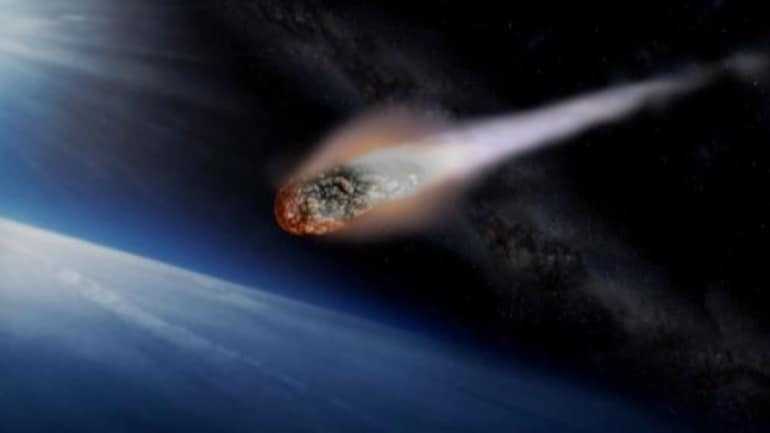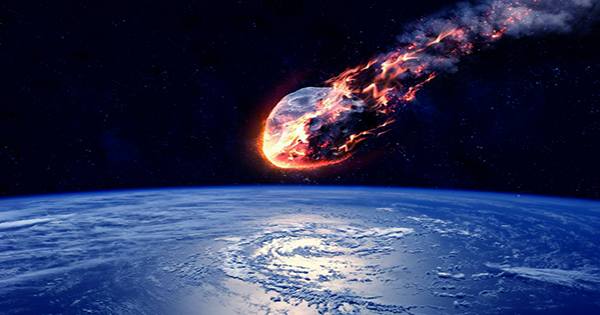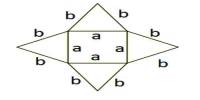If you have ever wanted to contribute to protecting the Earth against the threat of outer space, this Sunday / Monday may be your chance – although you need to be in the right place and need a good telescope. The asteroid Apophis is the largest object that considered has the highest probability of an accident on Earth in the lifetime of any survivor today. It is still a long shot – a chance at 150,000 by some estimates, a bit more than that at others. However, the collision of the AOPs will cause global climate damage and wipe out a potential number of cities, something astronomers are still keen to keep an eye on.
The possibilities that we do not know more clearly are a reflection of the complexity of partial factors that could change the orbit of the asteroid for more than 47 years. However, we also want our inability accurately measure the current location of the office to play an important role. Between 340 and 370 meters (1,115 and 1,214 feet) long, the aphids are small enough to cause damage but difficult to measure. The loss of another telescope, the world’s best instrument for earlier observations, adds to the challenge.

One way to improve our knowledge of asteroid orbits is briefly turn off the light when they pass in front of a star. This event, known as an event, usually seen from a path across thousands of kilometers, so data from multiple points can be more effective. Sometimes in the process, we make unexpected discoveries.
Apophis HD 89707 will be blocked a 7th-length star (somewhat too unconscious for the naked eye) as seen from Washington State to the Gulf of Mexico and in some parts of West Africa, although Long, the path is very narrow, so the chances of taking it under any professional observation are slim. However, the thousands of amateur telescopes that may prove appropriate will live in the right place or be enough to make a short trip there. Apophis is too weak at its current distance to see amateur telescopes, but it could prove to be a different matter if a star is lost. We did not handle it with small asteroids like Apophis, but for the first time ever, for everything.
Telescope maker Unistellar runs a website where they encourage the owners of their telescopes to have fun with Apophis for science and join observations by other asteroids. Unistellar’s eVscopes has built-in features that make it easy to record and upload events – even if you do not notice a change in brightness, subsequent analysis can reveal it. Other telescopes can do the same thing if cameras and drives are given across which allows them to follow things across the sky. As a result, the pool of people able to join the project is much wider the owners of a telescopic brand.
Whether or not Apophis posed a threat in 2068 will certainly not come until we get closer to early 2029. Yet, in this kind of important search, every bit of data helps – especially something we can do right now instead of waiting. The weather in North America has not been conducive to late night observation recently, but at least a few places should be relieved by Sunday.
















